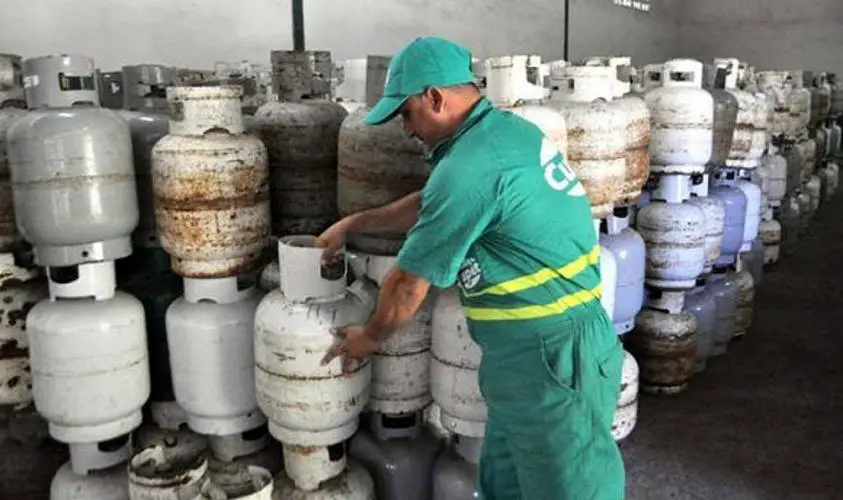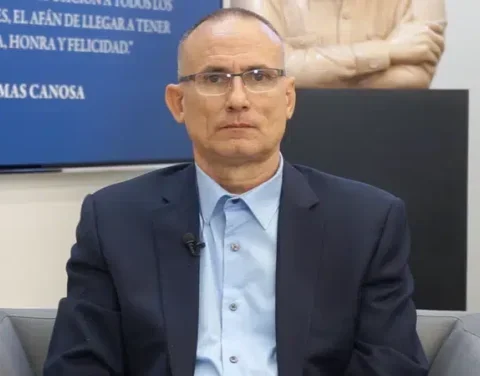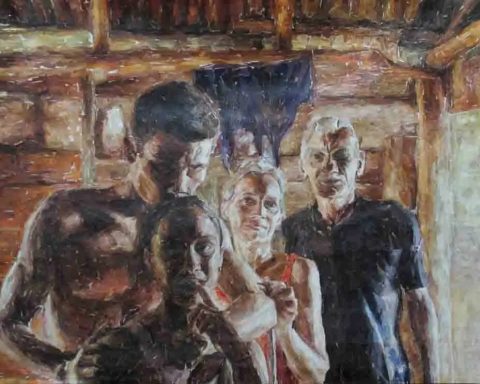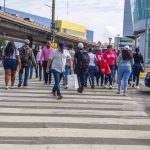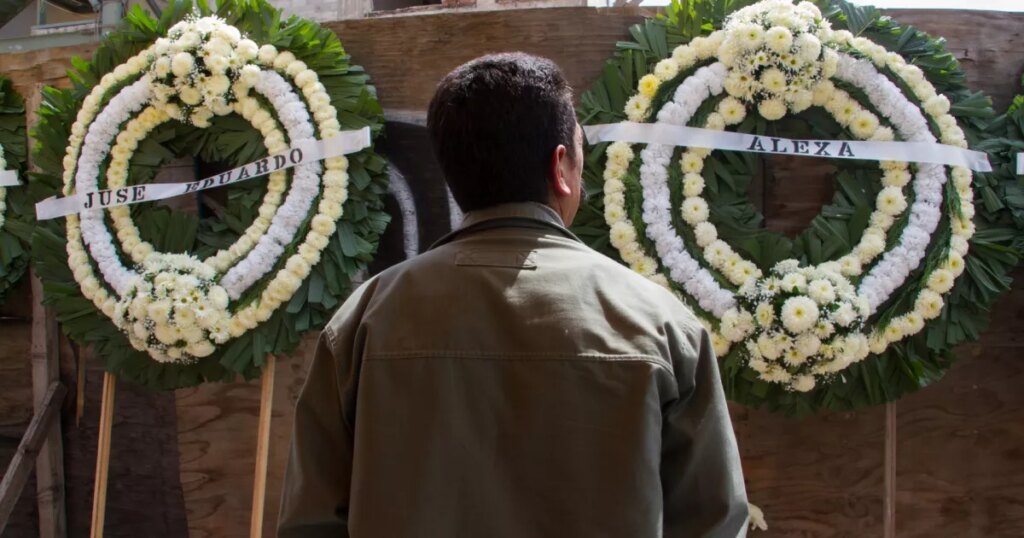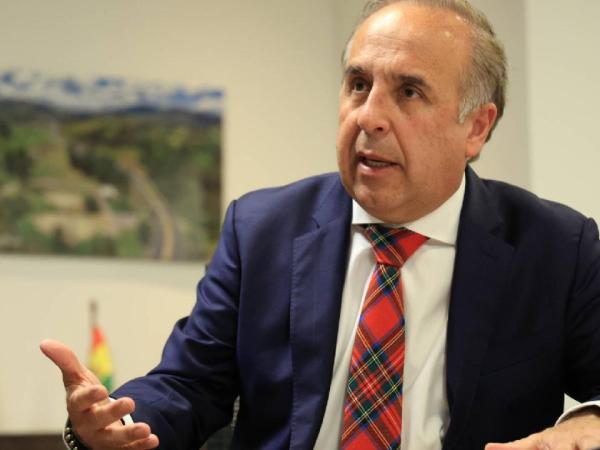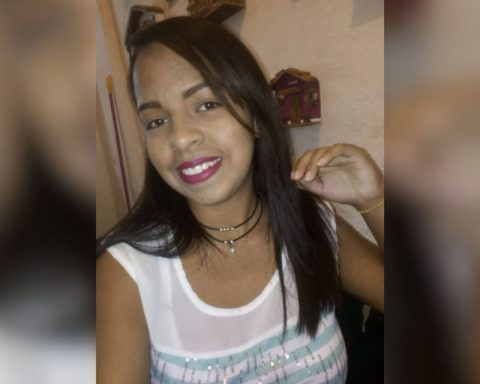Havana Cuba. — A friend who cooks with ball gas tells me: “It’s an odyssey every time I have to go buy the ball.” The scarcity generates almost perennial queues at the points where the liquefied gas deposits are sold. My friend says that sometimes he has lined up for days to buy the balita.
In each neighborhood there is an established place to acquire them in a regulated way, when the truck that brings them arrives. In Coco Solo, Marianao, where my friend lives, there are four points of sale, but they are insufficient for the number of customers.
In theory, these points should be refilled at least three times a week, but this is not always the case. In some places there are four hundred customers, but only between 80 and 120 balitas arrive at the most; therefore, they are not enough for all those who have the right to buy.
People organize themselves in the queues through lists that they themselves make and control. Those who are in the first places keep this order until they buy, then they pass the list to the people who follow them in line. This method is almost permanent and the queues extend until dawn.
The duration of the gas is according to the use and the number of people in the family nucleus. Before it lasted about forty days, but today, due to its poor quality, a sixteen-day cycle was established which, after numerous complaints from consumers, was reduced to eleven days.
Before the economic rearrangement, the price of each bullet was seven pesos. They increased it to 210 pesos, but due to protests from the population, it dropped to 180 pesos. This implies that if a family has to buy two balitas in a month, they must pay 360 pesos.
For many families, especially if there are children and the elderly, the gas allocated to them is not enough to cook all month. So they have to buy it “from the left”, paying from 700 to 1000 pesos for each bullet.
Those who lack money to buy gas choose to cook with firewood, since coal is quite expensive. But only those who have a large patio can cook with firewood. In addition, they must know how to do it, because it is dangerous.
In the capital, only three municipalities (Havana Center, Old Havana and Plaza) receive the manufactured gas —street gas— that arrives through pipes, whose supply is stable and cheaper. In the Cerro, Diez de Octubre, Playa and Marianao municipalities, manufactured gas only reaches specific areas.
In ten of the fifteen municipalities of the capital, household appliances are mostly used for cooking; but they are very expensive and can only be purchased in freely convertible currency (MLC). In addition, they consume a lot of electricity, break easily and can hardly ever be repaired due to a lack of spare parts in the workshops. You have to buy them on the left, at very high prices.
Before 1959, in many Cuban homes they cooked with alcohol and kerosene (bright light), which were very cheap and bought wholesale at any bodega or store; but they were dangerous and could cause house fires.
Until about twenty years ago, there were factories and workshops where the so-called “Pike stoves” were assembled and repaired, which ran on kerosene. Today they have disappeared.
The suppression of the use of kerosene for cooking was due to Fidel Castro, who, in 2005, when implementing the so-called energy revolution, decided that it was safer and cheaper to cook with electric stoves. Today there are no spare parts for those burners either. And not to mention the blackouts just when cooking.
